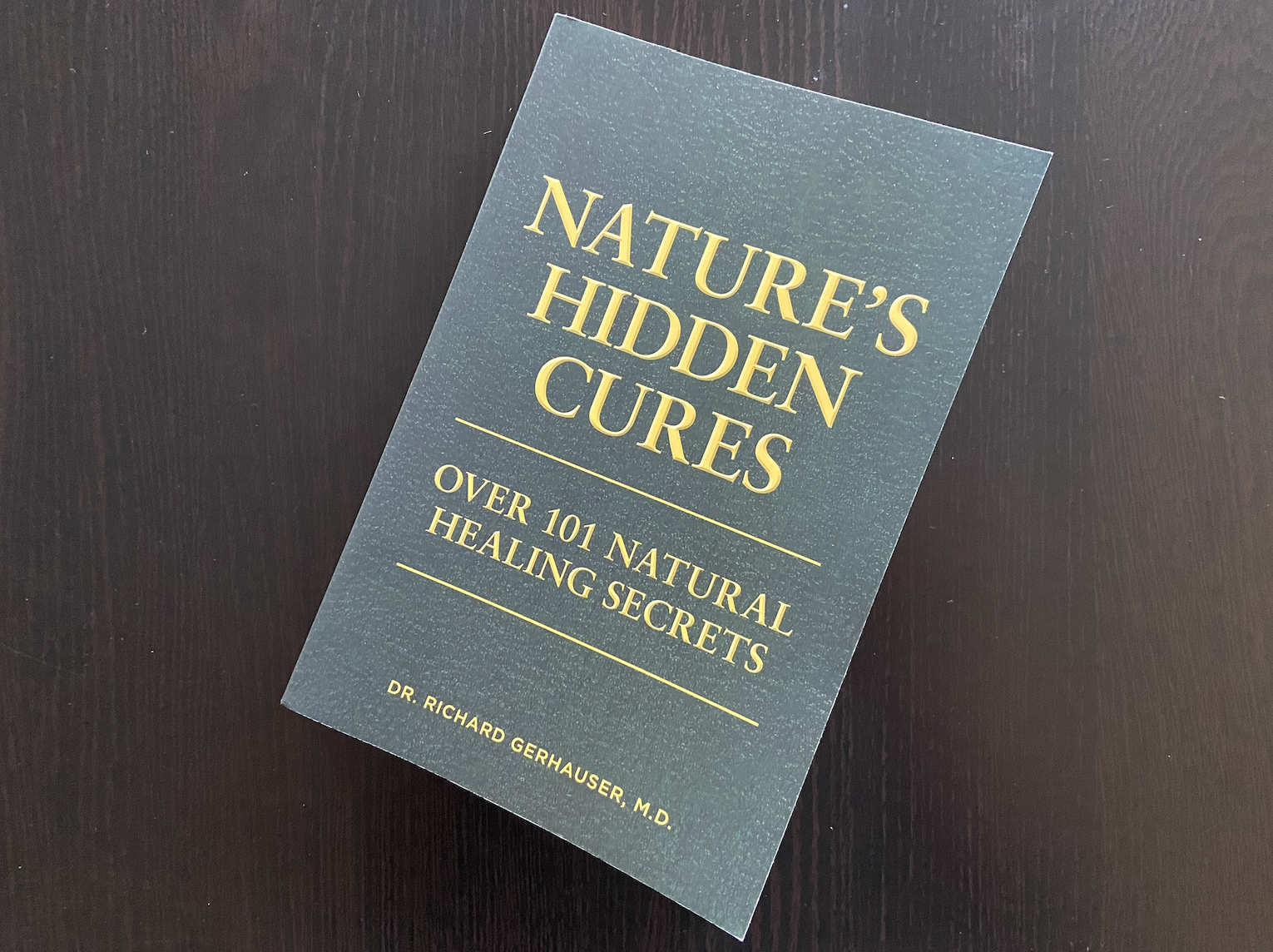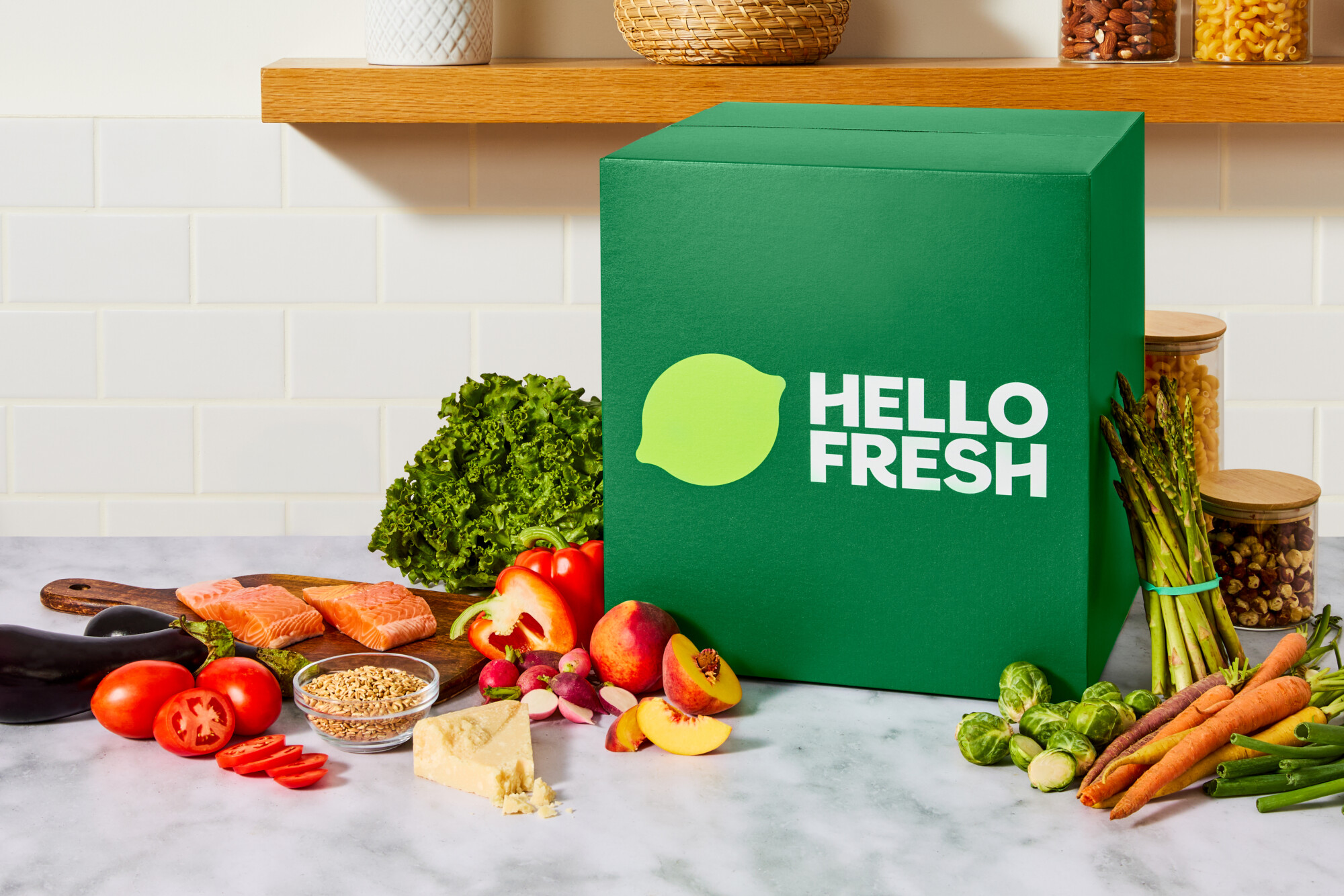
Hershey’s: The Real Gold
Recent campaign reminds Olympic and Paralympic athletes that achieving personal happiness is what really matters.
May 2017: This action was voluntarily dismissed When a complaint is dismissed without prejudice, an amended version of the complaint can be refiled., the reasons for which have not been disclosed.
January 2015: A class-action lawsuit was filed against FoodState for allegedly deceptively marketing One Daily Multivitamins. Specifically, plaintiffs claim that the company represents that “whole foods” (such as fresh carrots, broccoli, green cabbage, oranges, and organic brown rice) are substantial ingredients in the multivitamin when, in reality, it contains mostly synthetically produced vitamins and minerals, and the “whole foods” portion provides “little vitamins, minerals and/or nutrients.” (Holt et al v. FoodState, Inc. d/b/a Megafood d/b/a Innate Response Formulas, Case No. 15-cv-00078, S. D. CA.).
For more information about other class-action lawsuits about vitamins and TINA.org’s coverage of the product, click here.
Recent campaign reminds Olympic and Paralympic athletes that achieving personal happiness is what really matters.
The truth about this “free” book and its mysterious publisher.
Kyle Chouinard, Las Vegas Sun
Regulatory activity following TINA.org’s 2022 complaint.
Clear policy or moving target?



